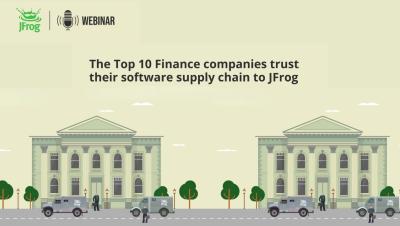Turning Insight into Action: Data Modernisation in Banking
Financial institutions are struggling to keep pace with technological advancements while ensuring data security and compliance with stringent regulations. Data modernisation has emerged as a critical strategy for banks to remain competitive, enhance customer experiences and fortify data security measures. In this blog post, we’ll discuss the importance of data modernisation in banking.











